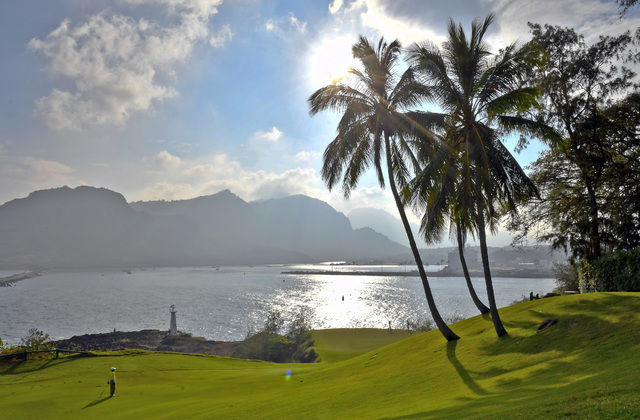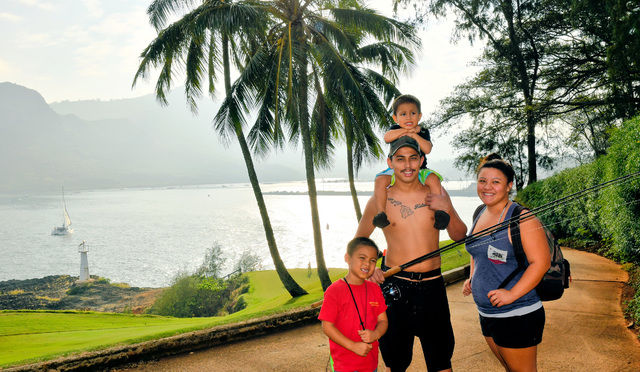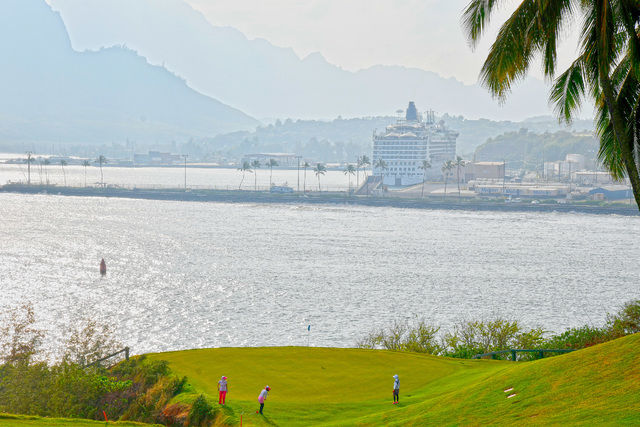The vog is here and more is on the way. “We have a front approaching from the northwest and anytime you start to see, especially for Kauai, a southeasterly wind, we start to see vog come up in our direction.
The vog is here and more is on the way.
“We have a front approaching from the northwest and anytime you start to see, especially for Kauai, a southeasterly wind, we start to see vog come up in our direction. We get the wind change; it’s the Kona winds,” said Chevy Chevalier, meteorologist from the National Weather Service.
Coming over from the Big Island, due to the active Kilauea Volcano, the thick, volcanic smog is blanketing the air around Kauai and the rest of the neighbor islands.
Fortunately, the vog isn’t here to stay for more than a handful of days.
“Expect the vog to continue through the weekend, but it should start to gradually improve and clear out early next week,” he said.
“It can get pretty bad, not as bad as the Big Island, but still on Oahu and Kauai, it can affect people’s respiratory systems,” Chevalier added.
Chevalier said when the vog comes, he tries not to go outside.
Hawaii residents are spoiled with the weather throughout most of the year, but vog does present an issue for many of Kauai’s residents, especially those who have breathing or lung complications.
Kilauea, one of the most active volcanoes in the world, produces sulfur dioxide which mixes with oxygen and sunlight to form vog, which pollutes the air.
Along with impacting respiratory systems, vog can also affect residents’ throat, noses and eyes.
Not only does it seem more humid outside, it also gets harder to breathe. Lisa Young, an environmental health specialist with the Department of Health, advises Kauai’s residents to not dismiss the vog, particularly if they already require medical assistance.
“If you have respiratory problems, make sure to contact your doctor and get the proper medications they need on hand,” Young told The Garden Island. “Try to stay indoors, minimize exposure to the vog, drink lots of water and limit outdoor activities.”
Drinking water helps flush the respiratory system.
“Drinking water helps you stay hydrated and it helps a lot when you feel congested. Like if you have a cold, you have similar symptoms,” Young said. “And when you have a cold, you’re supposed to drink a lot of water and avoid being dehydrated.”




